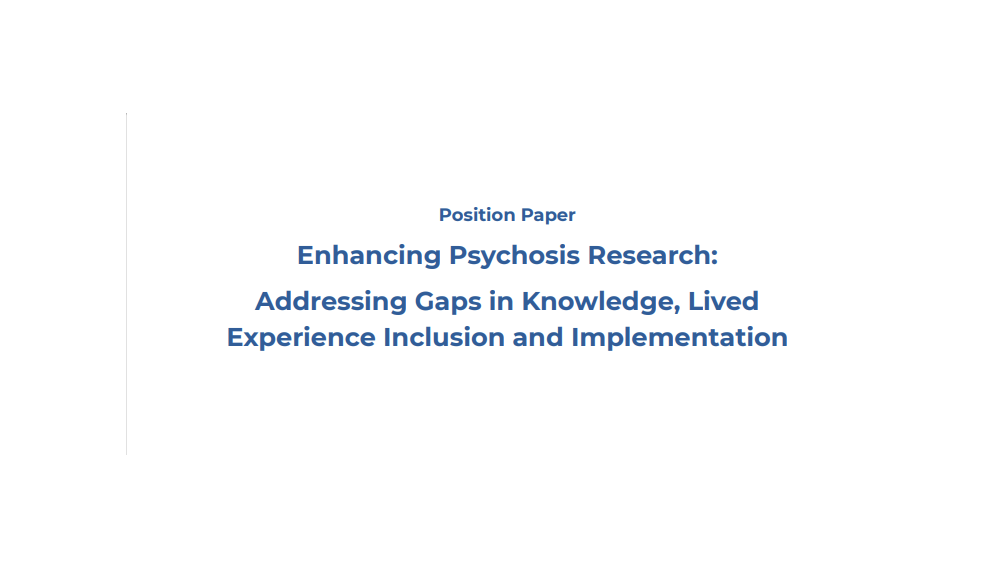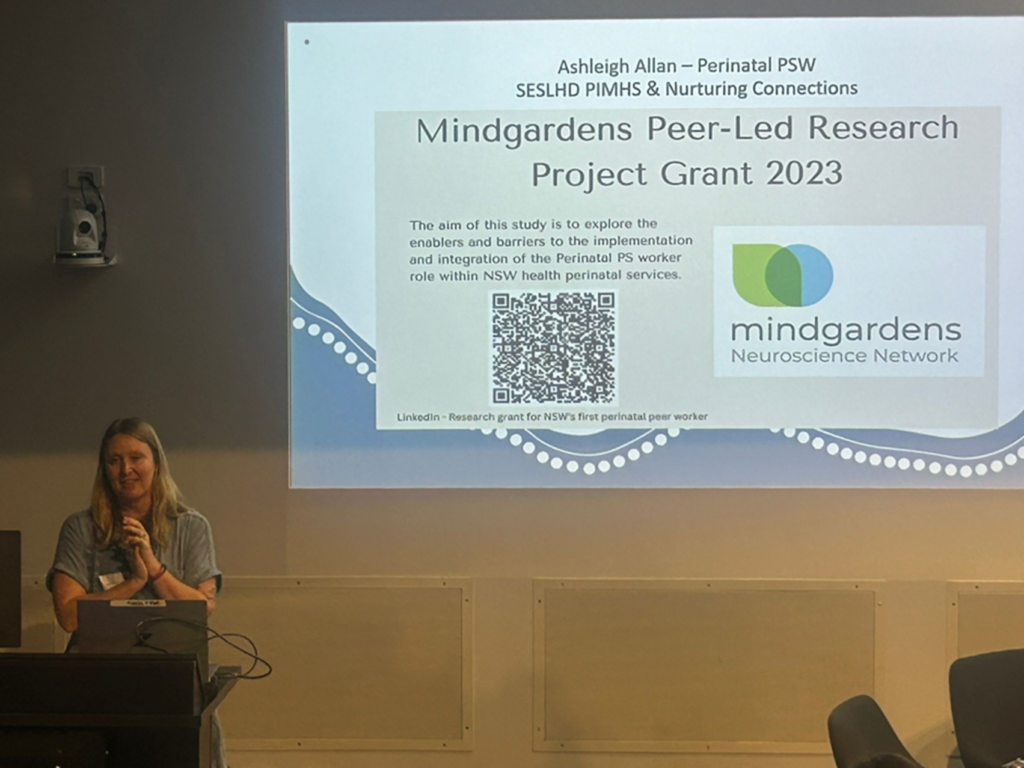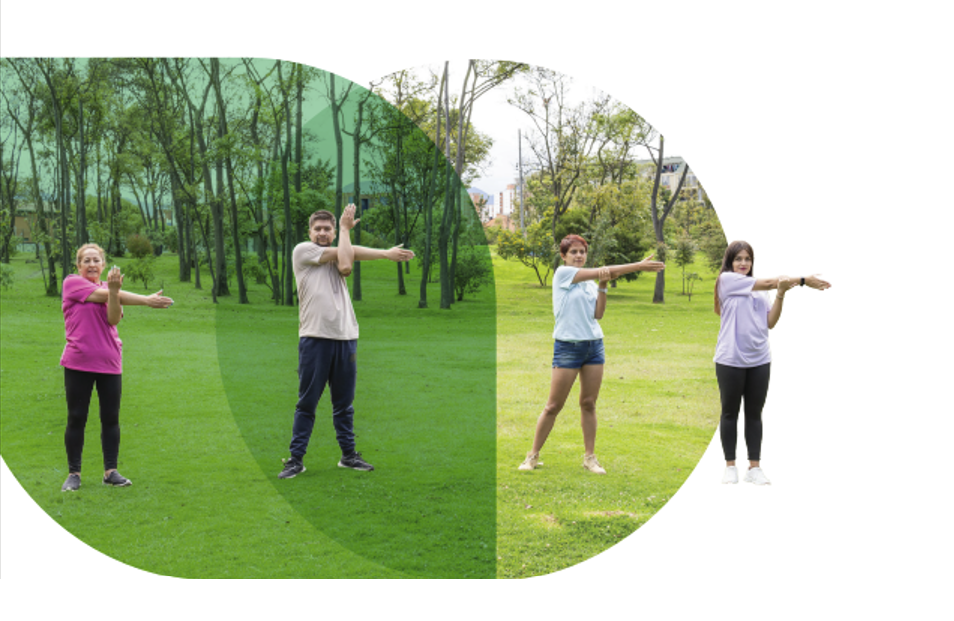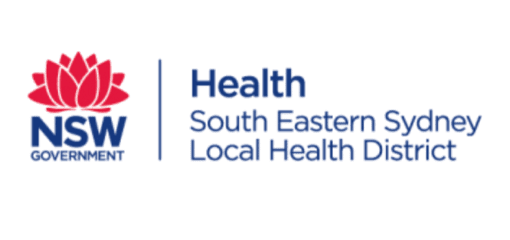A new approach to physical health care for people who experience mental illness
12 October 2022
A new approach to physical health care for people who experience mental illness
Contact: Mindgardens: Julie Robotham | j.robotham@mindgardens.org.au
TheMHS: Lindsay Hirsch | comms@themhs.org
Life-saving physical health care can be incorporated successfully and cost-effectively into services for people with complex mental health issues, according to a research team that has pioneered these approaches in Sydney.
We know that people living with severe mental illness are very likely to miss out on services that protect and promote their physical health, said Professor Jackie Curtis, Executive Director of Mindgardens Neuroscience Network.
Things the rest of us take for granted, like screening programs, vaccination, dental care, dietary advice and exercise programs, can make a huge difference in people’s lives, Professor Curtis said. But we also know that despite numerous treatment guidelines and policies that recognise the importance of individualised, face-to-face physical programs for mental health consumers, these services are still the exception rather than the rule.
Keeping the Body in Mind(gardens) was today announced as the winner of this year’s TheMHS Award in the Therapeutic and Clinical Services category. The judges described the KBIM program as an innovative program that addresses the long-term health needs of people experiencing psychosis. Learnings have been embedded in routine practice and extended to address the long-term health risks associated with experiencing psychosis.
Professor Curtis and her team will tomorrow (13 October 2022) present research findings from the Keeping the Body in Mind(gardens) (KBIM-G) project in a symposium session at the TheMHS Conference Sydney 2022. The KBIM Program was initially developed in the South Eastern Sydney Local Health District and KBIM-G has subsequently developed as a core translational research project of Mindgardens.
The Symposium will focus on how to implement physical health care programs alongside existing mental health services, and the importance of comprehensive consultation with service users to ensure these programs are fully focused on their needs. The Symposium session will also examine how to scale services up from early pilot programs, making them widely available to all consumers who need them. It will include presentations about:
A co-designed vaccination clinic embedded in a public mental health service.
People living with mental illness are twice as likely to be hospitalised or die from COVID-19, and are at higher risk of severe illness or dying from influenza, pneumonia and tuberculosis. When they were properly informed and supported, people who experience mental illness were just as willing as other community members to be vaccinated against COVID-19.
Screening to identify mental health clients at risk of poor nutrition.
A new screening tool targets the particular dietary risks of people who experience severe mental illness, so they can receive individual nutrition advice and support.
A community-based exercise and diet program for people with severe mental illness referred by GPs in Central and Eastern Sydney.
GPs, participants and the service delivery team will describe their experiences.
A tobacco treatment service for people living with severe mental illness.
The service incorporates individualised smoking cessation support from a Tobacco Treatment Specialist and a Tobacco Treatment Peer Worker, including coaching, behavioural support, Nicotine Replacement Therapy and pharmacotherapies.
A lifestyle program for people with severe mental illness led by peer health coaches.
This program shows how public mental health services and community managed organisations can collaborate effectively to provide physical health programs, and demonstrates the central role of mental health peer support workers.
Professor Curtis said, Our team is honoured to debut these important results at the TheMHS Conference, which puts a strong and appropriate emphasis on the central place of mental health consumers in service development.
At Mindgardens, consumers and their families and carers are equal partners in our research and innovation agenda. We focus on making a case for change in areas that people tell us will have the biggest impact on their lives across the whole spectrum of mental health, drug and alcohol and neurological disorders.
Our team members presenting with me today have diverse professional backgrounds, including consumer advocacy, nursing, exercise physiology and dietetics, so we understand how to apply multiple perspectives to the toughest challenges. We have a unique role in sponsoring research that can be translated rapidly into improved services, then scaled up and implemented widely so everyone can benefit.
Professor Curtis called for the mental health sector to embrace the goal of making high quality physical health care accessible to all clients. “This is an essential human rights question, she said. It is up to all of us to raise the expectations of physical health services for people who live with severe mental illness, who are some of the most vulnerable in our community, so everyone has an equal chance to live a long and healthy life.
The Mental Health Services Learning Network (TheMHS) Conference in Sydney in October is the largest Australian gathering of people working in all disciplines across the mental health sector. TheMHS Executive Director, Jane Austin, said, TheMHS are delighted to host such an important Symposium this year. Many people living with mental health conditions have poorer physical and psychosocial outcomes and have shorter life expectancy. The Mindgardens Symposium puts improving their physical health in the spotlight, and I also congratulate the team on winning a TheMHS Award for this important work.
About the physical health of people who experience mental illness
In Australia, four out of every five people living with mental illness have a co-existing physical illness. Compared to the general population, people living with mental illness are:
- Two times more likely to have cardiovascular disease
- Two times more likely to have respiratory disease
- Two times more likely to have metabolic syndrome
- Two times more likely to have diabetes
- Two times more likely to have osteoporosis
- 65% more likely to smoke
- Six times more likely to have dental problems, and
- Comprise around one third of all avoidable deaths
Source: Equally Well Consensus Statement for Improving the Physical Health and Wellbeing of People Living with Mental Illness in Australia (2016)
TheMHS Conference Sydney 2022
S40: SYMPOSIUM: Mindgardens: Navigating the Complexity of Integrating Evidence-Based Physical Health Care Interventions within Mental Health Services
Thursday, October 13, 2022
2:00 PM – 3:30 PM
Lyceum
Wesley Conference Centre, Sydney
About Mindgardens Neuroscience Network
Mindgardens Neuroscience Network was established to improve the lives of people who experience mental health, drug and alcohol and neurological disorders.
Mindgardens brings together people with lived experience, clinicians, researchers, health service managers and students in a dynamic community focused on better outcomes through original discoveries, new models of care and system change.
Focused on real-world challenges, Mindgardens builds on the specialist knowledge and expertise of its Member organisations, integrating research, patient health care and education. This unique approach ensures new insights can rapidly be introduced into practice, transforming the understanding, prevention, treatment and cure of these disorders.
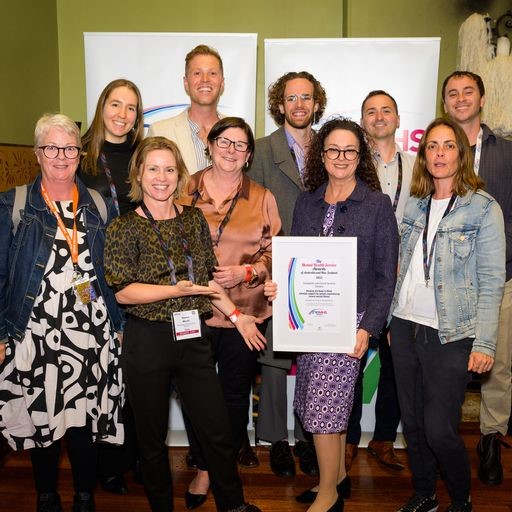
About TheMHS Learning Network
TheMHS Learning Network is an international learning network for improving mental health services in Australia and New Zealand, and a registered charity run by a volunteer Board.
TheMHS events bring together people from across Australia and New Zealand to stimulate debates that challenge the boundaries of present knowledge and ideas about mental health care and mental health systems.
TheMHS creates shared, multidisciplinary learning opportunities for people working in and contributing to the mental health sector. It honours and integrates lived experience into learning events and recognises excellence and best practice through the annual TheMHS Mental Health Service Awards.
Brings together the strengths of four founding organisations

